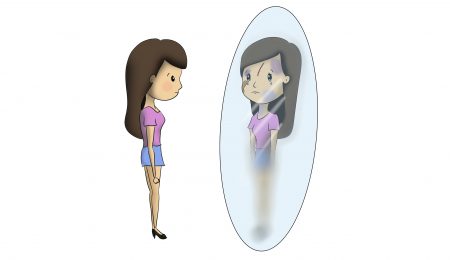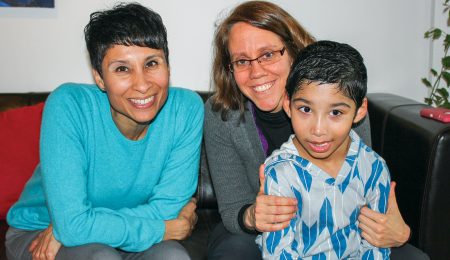“These are the things I hold close when I remember that while growing up I contended with some things that no ten-year-old should.”
family
From my personal experience as a Chinese-Canadian, I find that mental illness and mental health are issues rarely (if ever) discussed in Chinese and East Asian households. It continues to be considered a non-serious issue and taboo subject, resulting in its highly stigmatized state.
Fulcrum Contributors share their experiences of struggles that come with and without seeing family over the holiday season.
To these long-time best friends, they were already a family to begin with—winning this recent court case was just a simple formality.
Twins Myriam and Kelsie English do everything together. Both are third-year social sciences students who plan on becoming elementary school teachers, and both play on the Gee-Gees women’s volleyball team.
“Ideally, I’d have a PhD, I’d be a professor, my research would be fantastic, it wouldn’t suffer; but I’d also be able to have a family. I’d be married, I’d have children, and somehow my career wouldn’t have to take a hit because I took time off to have a kid—but my family also wouldn’t suffer after I go back to work after giving birth,” she said. “I wonder if it’s really possible to have all of those things.”
Why such a massive shift? It’s hard to say for certain. I can, however, speak for my own experience.
Students and recent grads may not have the answers to their family members’ questions, but they do know one thing for sure: The definition of the word “family” is different for everyone.








